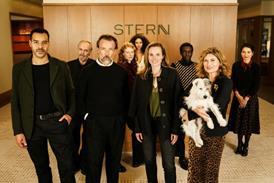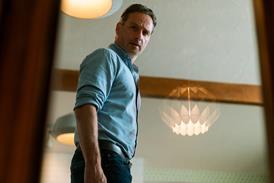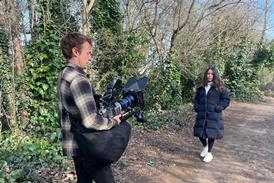The decision to cease trading was made last Tuesday (20 May). According to managing director Dennis Weinreich, the main contributing factor was the abolition in 2006 of tax relief rules sections 42 and 48 which had previously fuelled growth in UK work on international films, a traditional strength of Videosonics.
Weinreich told Broadcast: “The company was making no profit on any of its projects so we made a decision to get out now while we still had some control.”
Videosonics, set up in 1984 and employing 32 staff, had been cost-cutting for eight months. This resulted in the company leaving its Hawley Street facility in October and making six staff redundant in February.
Anticipating a difficult period, the company had built up financial reserves which allowed it to see out 2007.
Although Weinreich had been involved with the Treasury in creating tax relief regulations to replace sections 42 and 48, the solution was not approved by the EC. The replacement rule that was introduced, section 52, eliminated incentives for co-productions, which accounted for 75% of Videosonics' income.
Weinreich said that budgets for films with an international component have been cut. He added: “One feature we worked on saw its budget slashed from US$20m to $8m as a result of the changes in tax laws. There has been no margin at all on any of our recent projects.”
Weinreich also cited restricted credit availability as a contributor to limited film budgets.
The company will complete its current projects through a holding company, APA Post, which Weinreich described as a “dormant company that has worked on the fringes of post-production.”
Ten members of the original Videosonics team are now working for this company. APA has taken over the building lease at Delancey Street and it has an agreement with the landlord and creative staff.
Weinreich said: “It is conceivable that APA will continue to run beyond the remaining Videosonics jobs if it is able to shore up work, but I have no solid plans as yet to remain with the company.”
Regarding trade debts, Weinreich said: “We left approximately£25,000, which we hope will be cleared up by the liquidation process. I want to continue to work in the industry and therefore it is important to retain the trust of suppliers. APA has not been refused by any suppliers as yet. Other more considerable debts include lenders, rent and VAT.”
Videosonics was established as a television broadcast sound company. However, before it closed, the ratio of film to television work was approximately 80% to 20%.
Videosonics has recently completed work on Sky One's The Colour of Magic (pictured) and the BBC's Meerkats.


























No comments yet